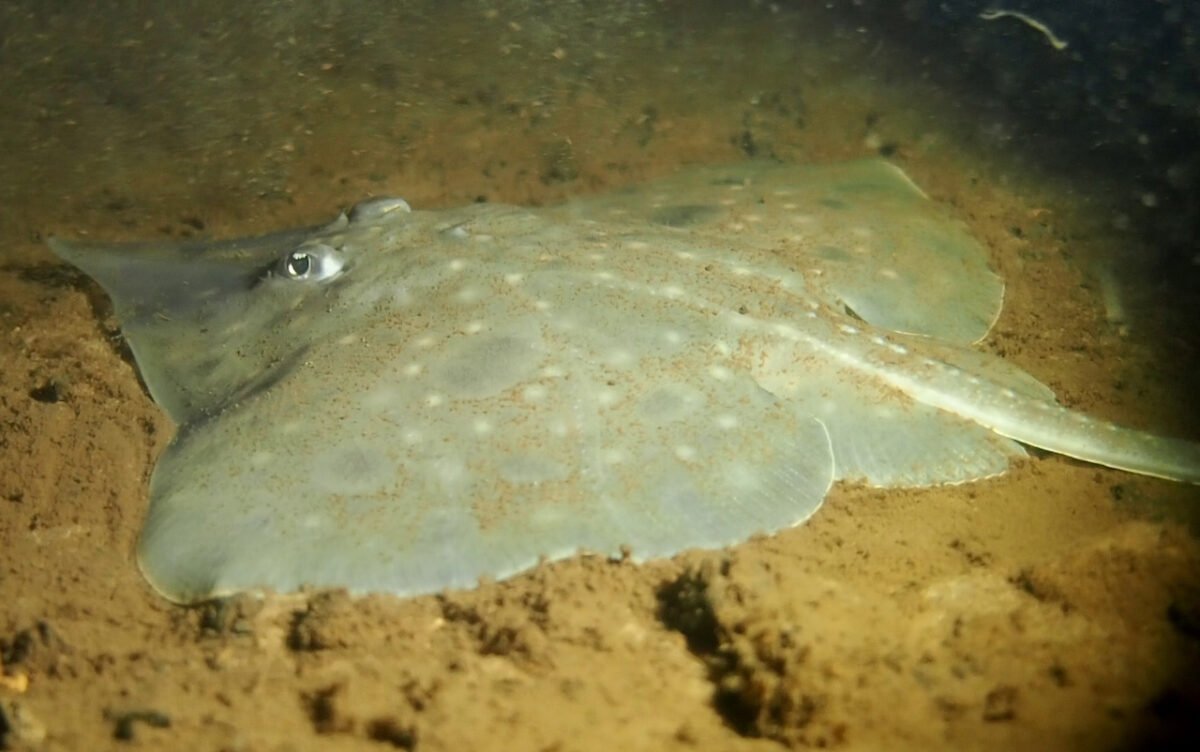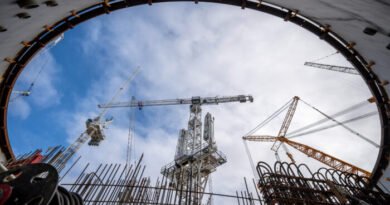Poilievre Decries Iran’s Revolutionary Guards Not Being Designated a Terrorist Organization in Canada
Distressed Patriotic Flag Unisex T-Shirt - Celebrate Comfort and Country $11.29 USD Get it here>>

As the Iranian regime cracks down on anti-regime protests, Conservative Party Leader Pierre Poilievre decried on Sept. 29 that Iran’s Revolutionary Guards are not designated as a terrorist entity by Canada.
“The government still refuses to list the IRGC, a terrorist organization, as a terrorist body, allowing it to legally operate here in Canada,” said Poilievre in the House of Commons.
“The Liberals claim they cannot do this, even though CSIS has reported that the IRGC is responsible for shooting down PS752, killing 50 Canadians.”
The total death toll from that tragedy was 176, including 55 Canadian citizens and 30 permanent residents.
Iran’s Islamic Revolutionary Guards Corps (IRGC) was formed on the heels of the Islamic revolution in 1979 as a means for the ruling clerics to have a loyal fighting force distinct from the regular armed forces.
While the IRGC in its entirety is not designated as a terrorist entity by Canada, its elite Quds Force (QF) has been listed since December 2012.
Public Safety Canada (PSC) describes the IRGC-QF as the “clandestine branch” of the IRGC “responsible for extraterritorial operations, and for exporting the Iranian Revolution through activities such as facilitating terrorist operations.”
PSC says the Quds Force is involved in providing support to groups like Hamas and Lebanese Hezbollah.
Israel has also accused the Quds Force of being directly involved in terrorist plots, notably a failed bombing attempt in Bangkok in 2012. Iranian men were jailed over the plot, but Iran has denied involvement.
Along with listing the IRGC-QF, the Harper government also designated the Islamic Republic of Iran as a state that supports terrorism in 2012.
Flight PS752
There are many questions left unanswered when it comes to the downing of the Ukraine International Airlines Flight PS752 on Jan. 8, 2020, by the IRGC air defences.
Iran blames the incident on human error, but a group representing the families of the victims says it was an intentional act, adding that it’s “Iran’s responsibility to provide evidence that it did not intentionally target the aircraft.”
A report by a forensic team led by former CSIS executive Jeff Yaworski issued in June 2021 says Iran blamed the downing on mistakes made by the operator of the surface-to-air missiles (SAM), yet the report finds this version of events is not substantiated by evidence.
It says Iran blamed the downing on mistakes made by the operator of the surface-to-air missiles (SAM), yet the report finds this version of events is not substantiated by evidence.
The report says that “Iranian civilian and military authorities – through their actions and omissions – directly put Flight PS752 and other civilian aircraft in danger by creating conditions in which a SAM operator could launch missiles at them and by failing to take adequate preventative measures to reduce this high risk.”
Iranian air defences were on high alert after the country retaliated against the U.S. in Iraq.
The U.S. killed IRGC-QF commander Qasem Soleimani in a drone strike in Iraq on Jan. 3, 2020, which prompted Iran to fire missiles at U.S. bases in Iraq on Jan. 7.
Lifting Sanctions
The recent bout of anti-regime protests in Iran were sparked by the killing of 22-year-old Mahsa Amini in police custody on Sept. 16 after being detained for allegedly not wearing her hijab correctly.
Poilievre called the protests “nothing short of inspiring.”
“The Conservatives, including my deputy leader [Melissa Lantsman], have been proud to join in these protests,” he said.
Prime Minister Justin Trudeau said on Sept. 26 Canada would sanction those responsible for Amini’s death, but no official announcement has been made yet by Global Affairs Canada.
“We’ve seen Iran disregarding human rights time and time again, now we see it with the death of Mahsa Amini and the crackdown on protests,” Trudeau told reporters in Ottawa.
Poilievre says his party has been demanding that Iran be held accountable for years, meanwhile, he said the Liberals lifted sanctions on Tehran soon after taking power.
The Trudeau government lifted sanctions on Iran in February 2016 after a multilateral deal on its nuclear program was reached in 2015.
Then-foreign affairs minister Stéphane Dion had defended the move, saying the United Nations had asked countries to lift sanctions.
“Canada will lift its sanctions but will maintain a level of mistrust for a regime that must not have nuclear weapons, a regime that is a danger to human rights and is not a friend to our allies, including Israel,” said Dion at the time.
The Canadian government nevertheless hoped this move would signal to Iran a willingness to renew dialogue.
Former U.S. president Donald J. Trump withdrew his country from the Iran nuclear deal in 2018, leading to its collapse. His successor Joe Biden has attempted to revive it since taking power in 2021.
Despite Ottawa lifting sanctions, diplomatic relations with Tehran that were suspended in 2012 have not been reestablished, with countries still remaining without the exchange of embassies.
Reuters contributed to this report.





